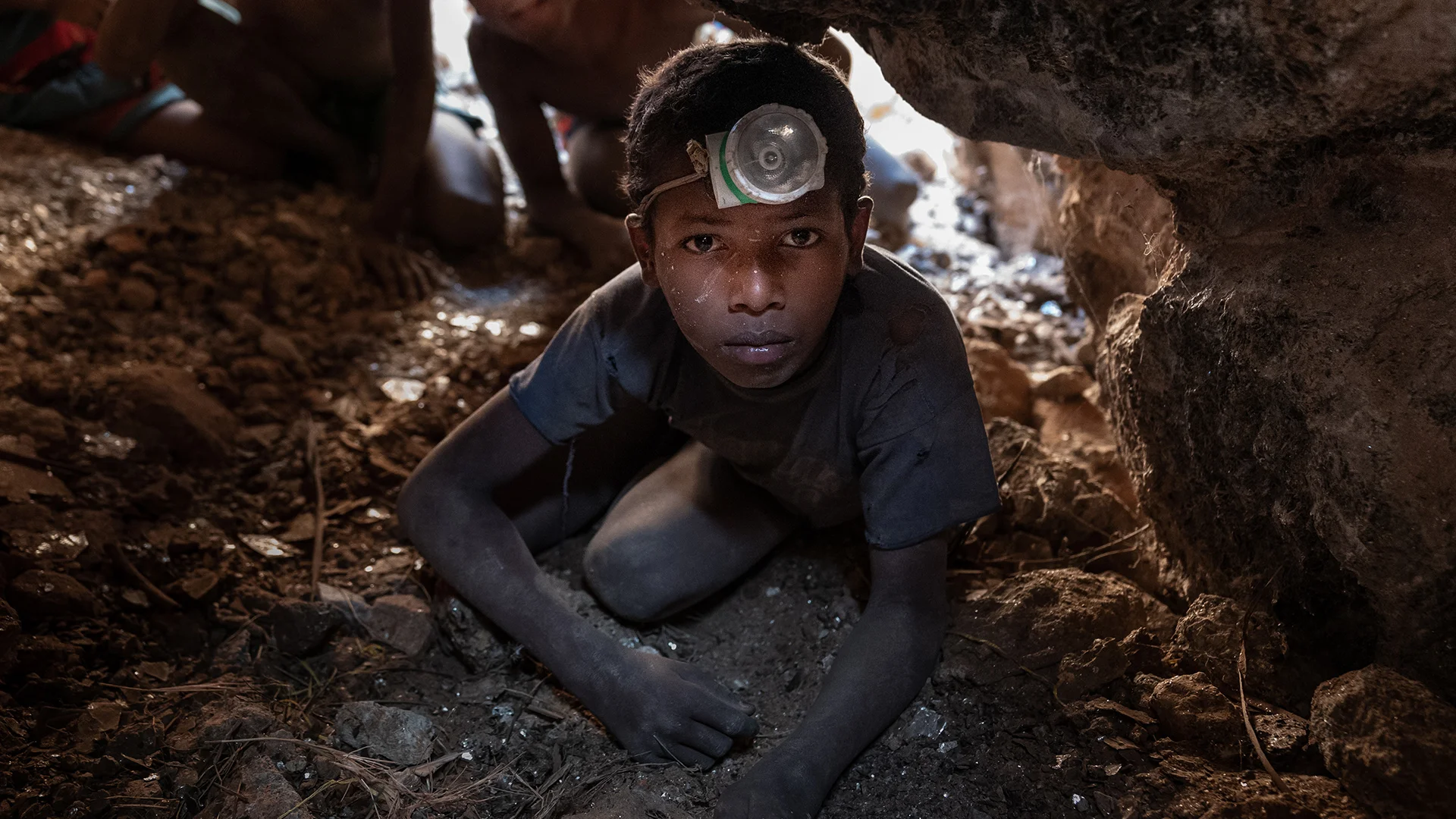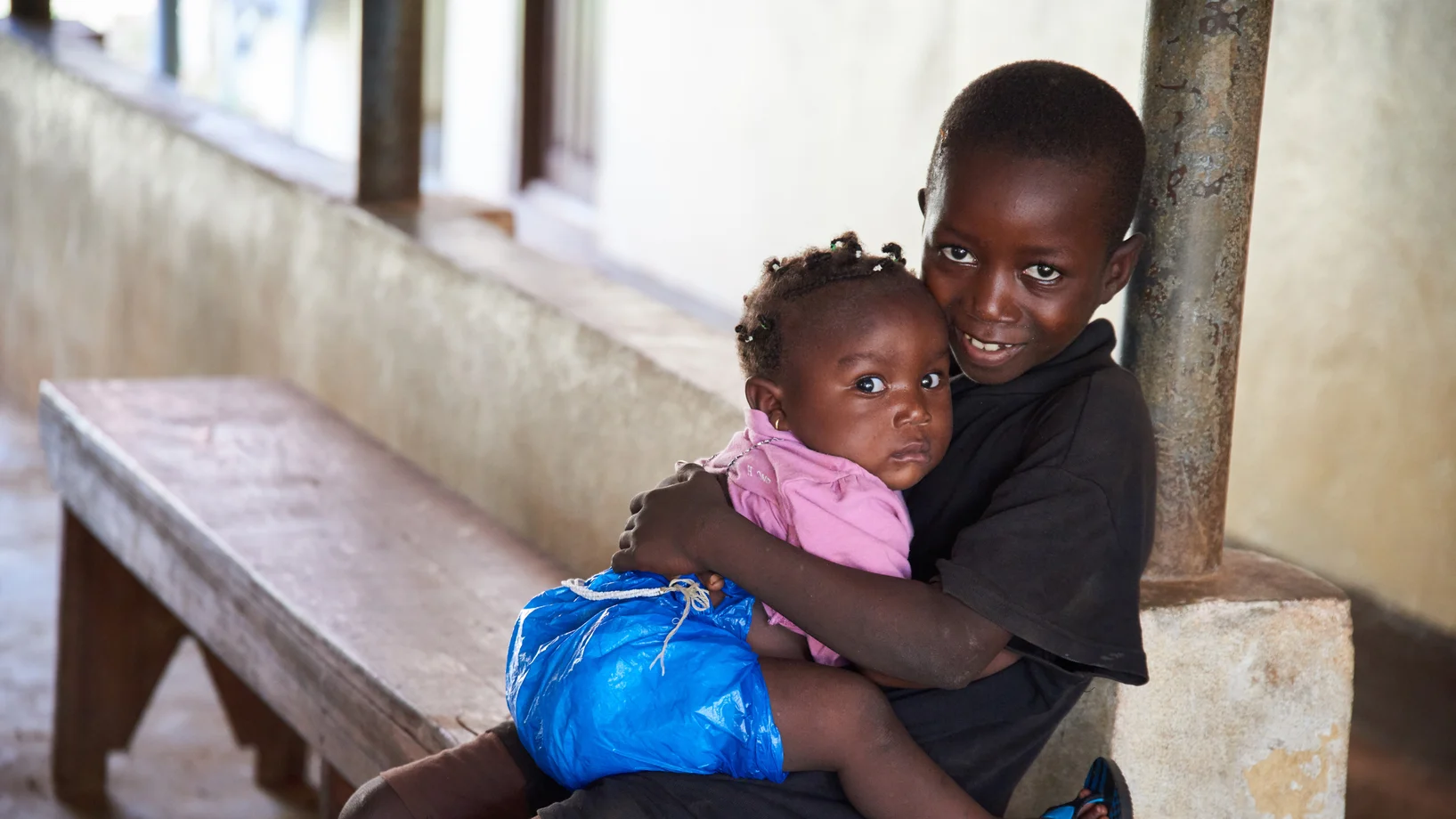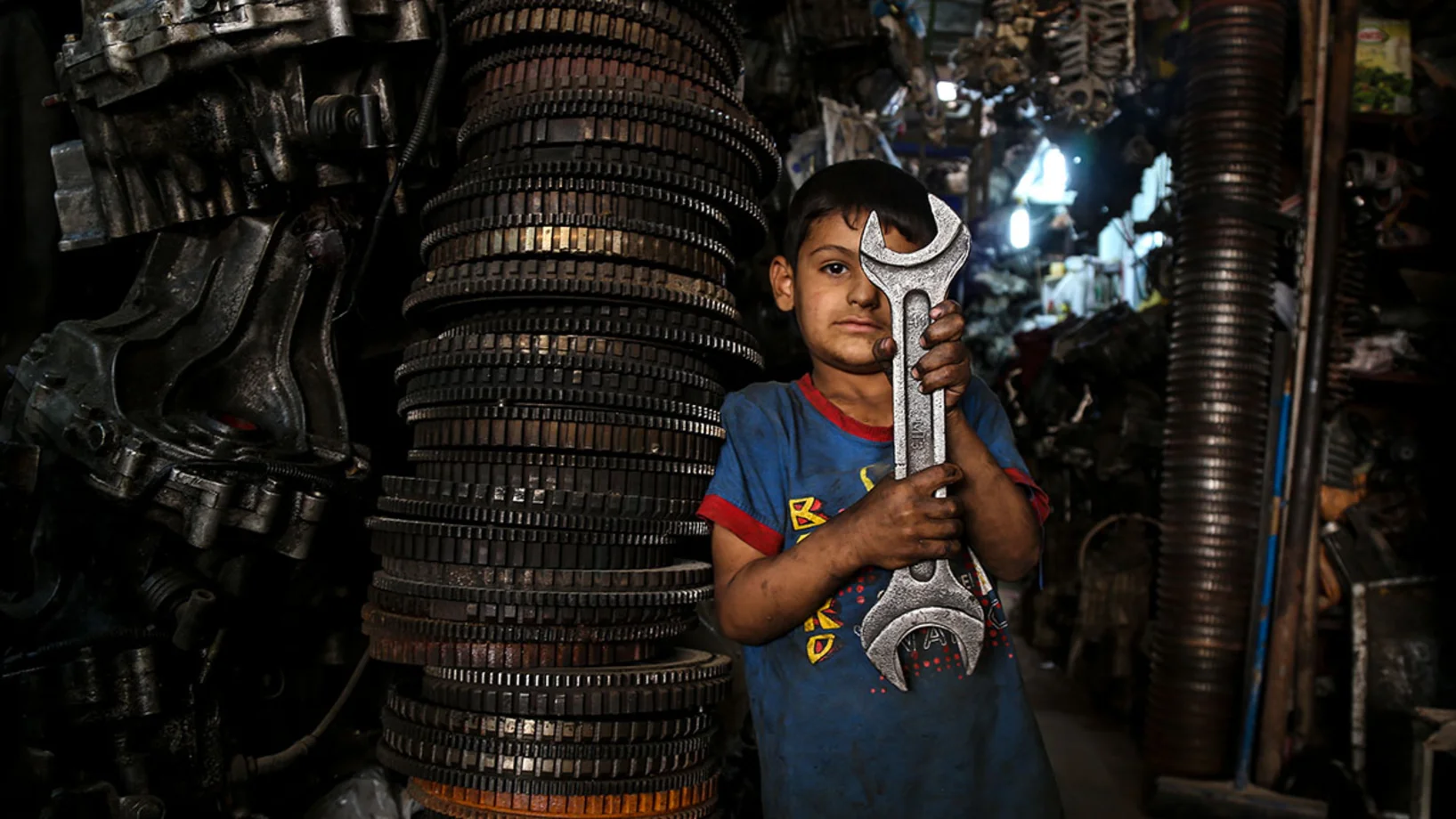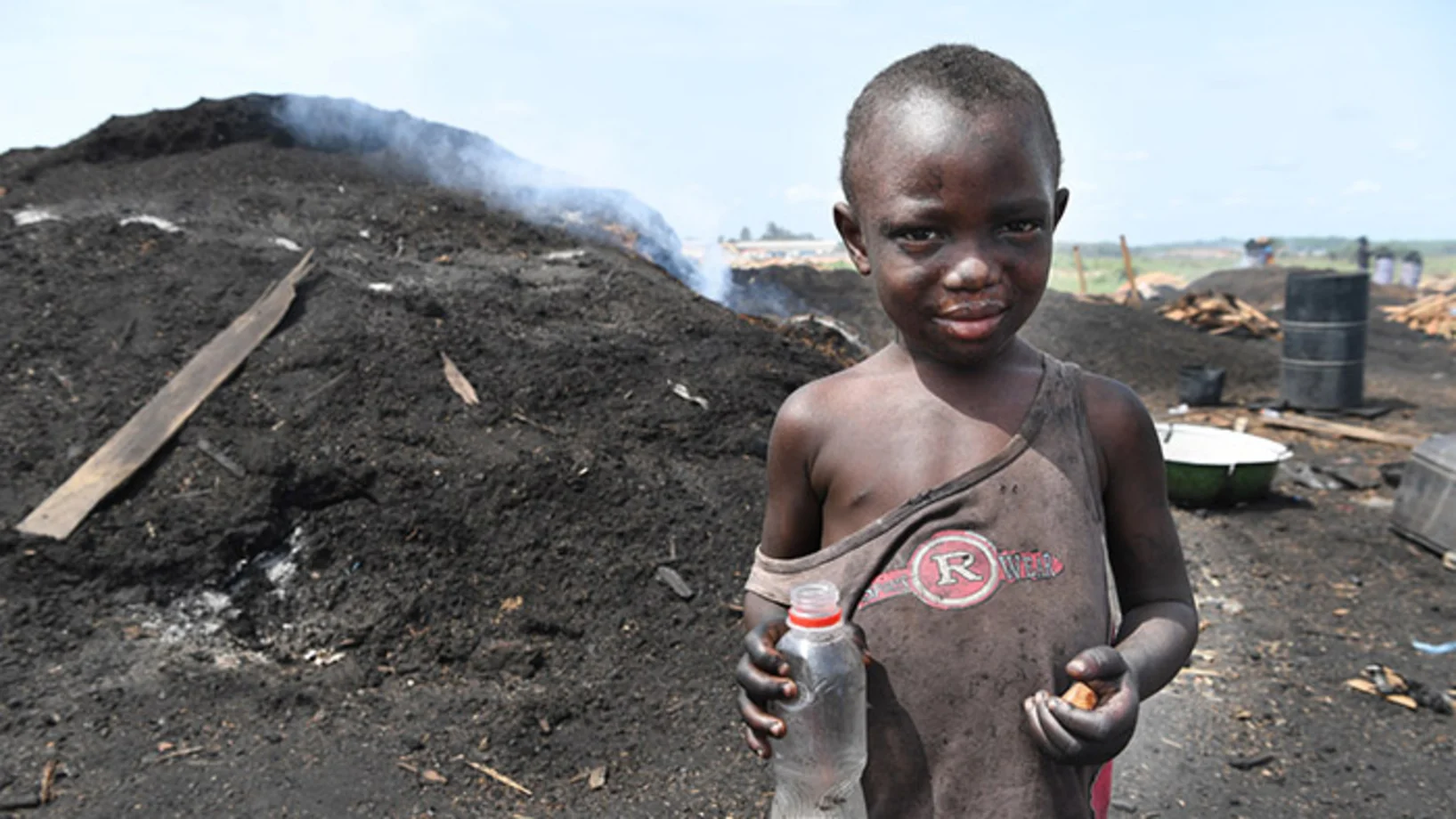Hundreds of thousands of children in Madagascar work day in, day out on vanilla plantations, in mines and quarries, on the streets or in other people’s households. Exploitation and abuse are common, conditions are often life-threatening, and school falls by the wayside. UNICEF is committed to the protection, health and, above all, education of girls and boys.
The situation
Madagascar is one of the poorest countries in the world. Although child labor is officially illegal, almost a quarter of boys and girls between the ages of 5 and 17 have to earn money to keep themselves and their families afloat. Children work on vanilla plantations or under life-threatening conditions in mines and quarries. They herd cattle, offer their services on the streets, beg or live in slave-like conditions in other people’s private households. Exploitation and abuse, including sexual assault, are commonplace. Child prostitution is also widespread, particularly in tourist resorts and around mines and ports, and destroys the lives of increasingly young girls and a growing number of boys.
The best opportunity children have to break out of poverty is education. Although public schools are free of charge, parents are required to pay for school supplies and uniforms. Many families lack the necessary means to do so.
How UNICEF helps
Madagascar has created a legal framework and set out measures to protect children as part of a national development plan; however, implementation is patchy due to a lack of funding. UNICEF supports and complements government efforts in the following areas:
- Strengthening the child protection system: UNICEF supports the government with expertise in establishing and implementing birth registration, victim assistance counseling and low-threshold child protection networks.
- Awareness and information: UNICEF trains police officers, judges and civil servants on child protection and legal issues, organizes training for social workers and family support workers and raises awareness of child labor issues in the private sector.
- Legal framework: UNICEF helps ensure access to education and healthcare for every child and promotes labor law reforms. In addition, UNICEF advises companies on codes of conduct and purchasing regulations.
In the fight against the commercial sexual exploitation of children, UNICEF has worked with the Ministry of Tourism to draw up a code of conduct that has now been signed by hundreds of tourism providers and institutions.
The program is currently being implemented. We sincerely thank all of our donors for their support.



